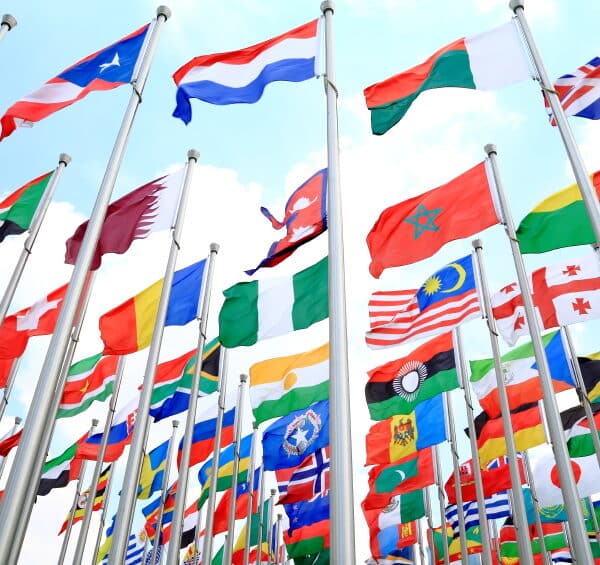 What are the requirements?
What are the requirements?
Practices are still confused about whether or not they are required to provide translation or interpretation services to patients whose first language is not English. Even some CQC inspectors have been unable to clarify the requirements it seems. Translation services (written communication) or interpreters (verbal communications) are available, but when is it essential to use these services?
What does the Equality Act say?
Translation isn’t needed just by people whose first language isn’t English, it could be essential for people who have a disability which makes communicating in spoken or written English difficult. In the Equality Act 2010 there are additional requirements to make reasonable adjustments for disabled people. This means that interpreting for people who are deaf for example, and providing written information in alternative formats, such as large print on request, are most likely to be legal requirements. However, there are no reasonable adjustments requirement in relation to interpreting and translation on the grounds of race or nationality. Whilst it doesn’t specifically mention people whose first language is not English, the GMC’s Good Medical Practice 2013 states that ‘you should make sure that arrangements are made, wherever possible, to meet patients’ language and communication needs’.
Good practice to display the services
During their inspections of GP practices the CQC team will look at ways in which effective communication is offered to all patients, and this may include questioning about how information is given to people in varying formats. The CQC would expect practices to be aware of the needs of the people on their patient list, including their language requirements so it would be advisable to proactively collect this data and could easily be done at every patient registration. Local councils may also be able to offer statistical data and the main languages used by the local population. Although it wouldn’t be possible to offer leaflets and posters in every language, signs with information in the most common different languages could be displayed offering a translation and/or interpretation service.
A new Accessible Information Standard
NHS England is currently developing an ‘Accessible Information Standard’, to be in place by 2016, which will require people’s information or communication needs to assessed and met. It will include the provision of information in accessible formats and communication support for people with impairments. It will apply to NHS services, doctors and dentists providing NHS services and publically funded adult social care services.
Whilst NHS service providers fully agree that information should be provided in different languages, it may be quite costly to offer such a service and provide adequate literature. For many GP practices this might not be a significant concern but for some, mainly city, practices they are likely to have a patient population with a diverse range of languages and this is probably already something they have had to manage.
One other thing to remember is the important issue of confidentiality. When using patient translation or interpretation services its vital to remember that it must be done within the requirements of the Data Protection Act and consideration must be taken into account whether the patient’s own translator (often a friend or family member) fully understands what is being communicated so that the patient can give fully informed consent to any treatment or procedures.




